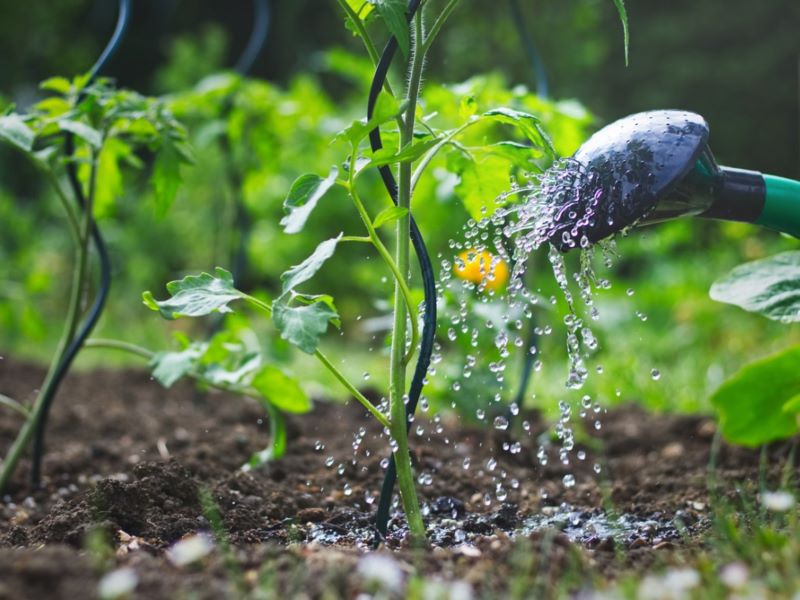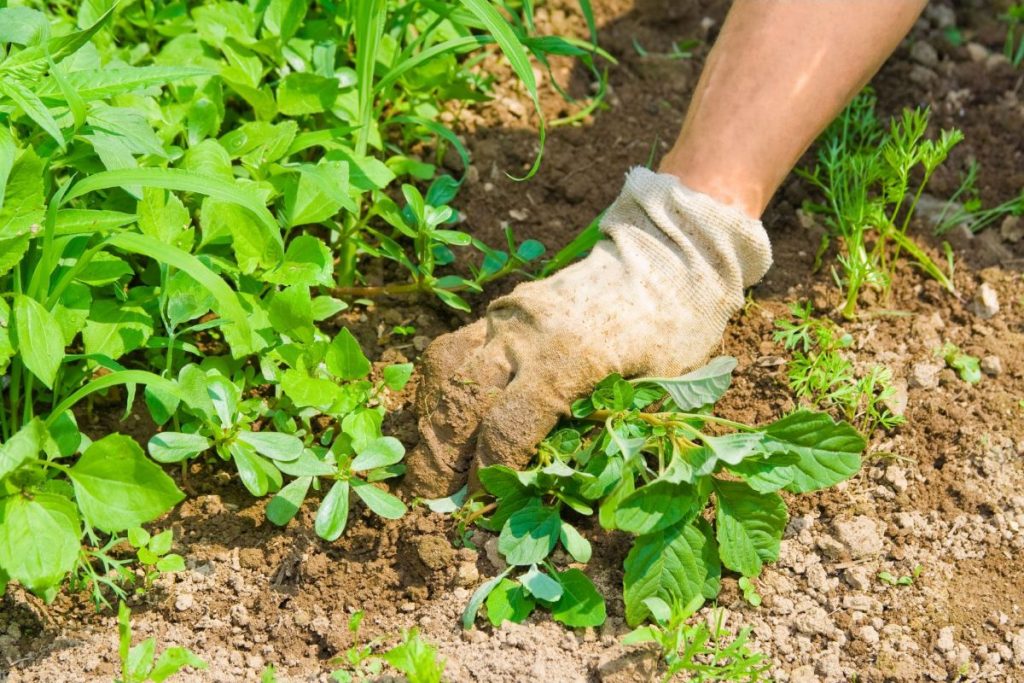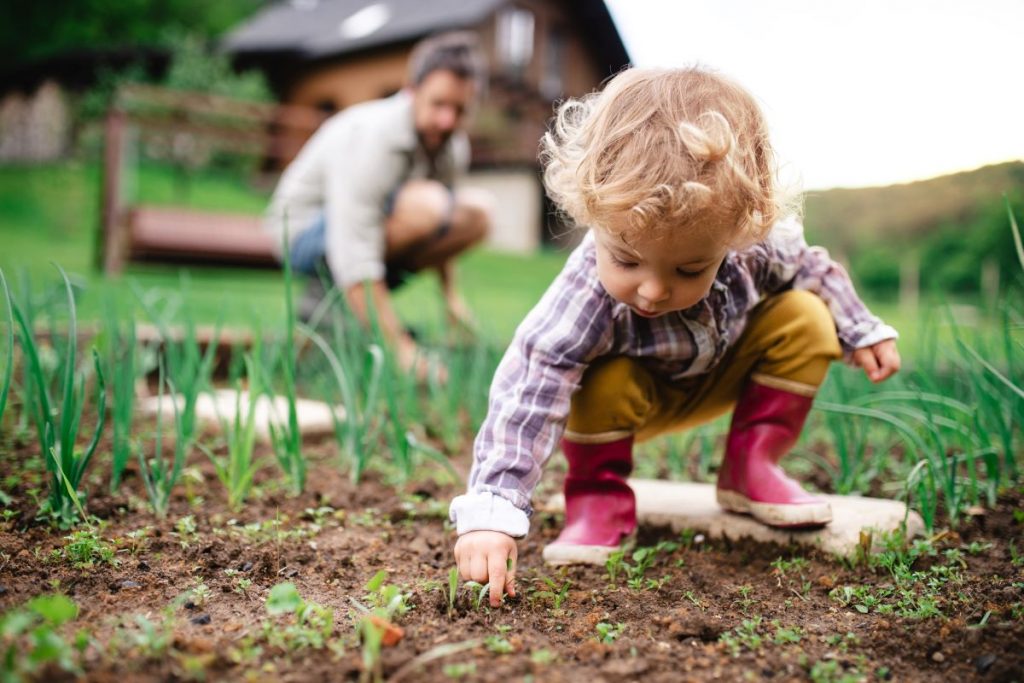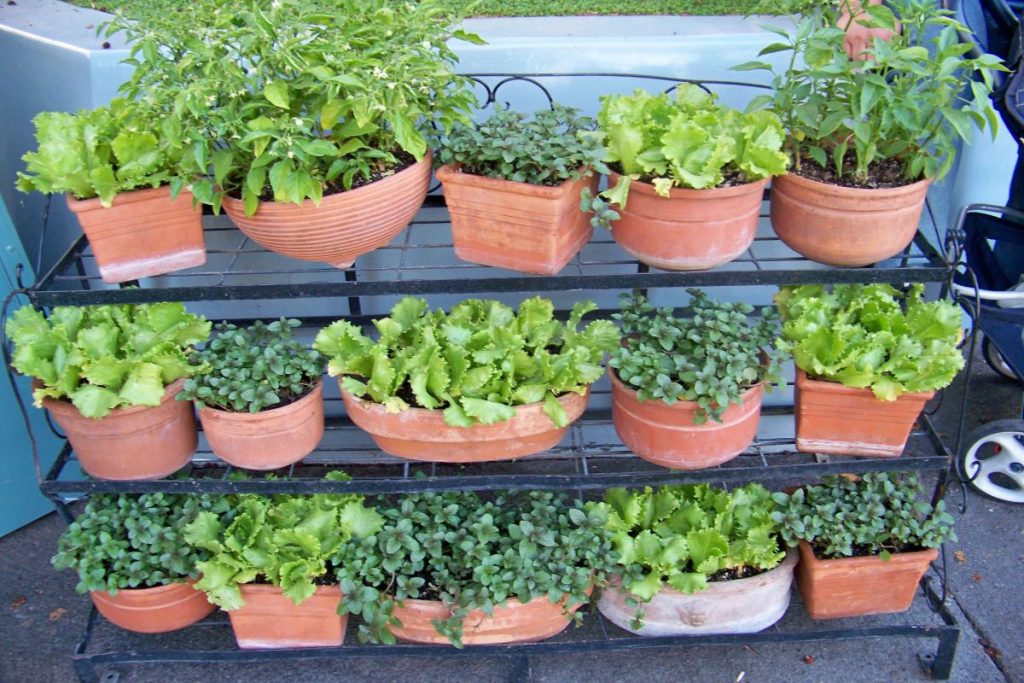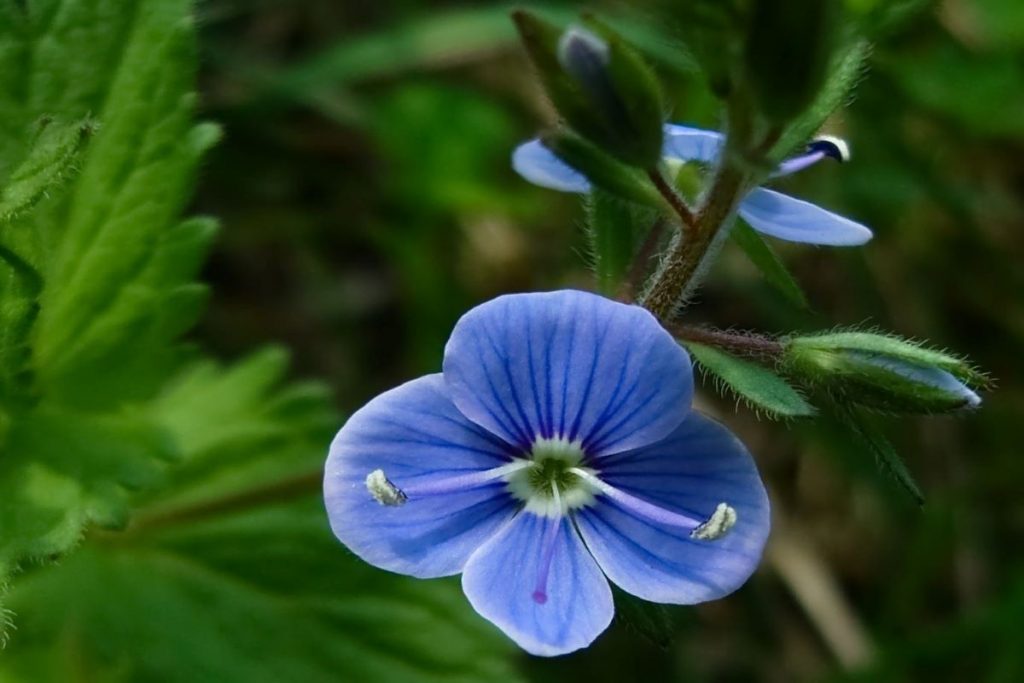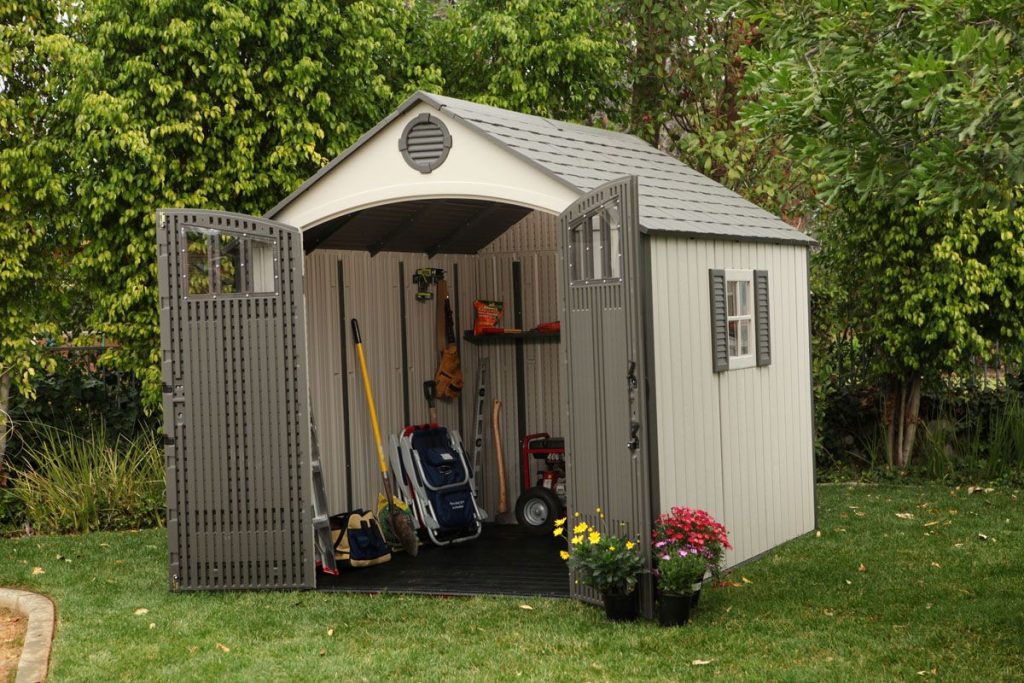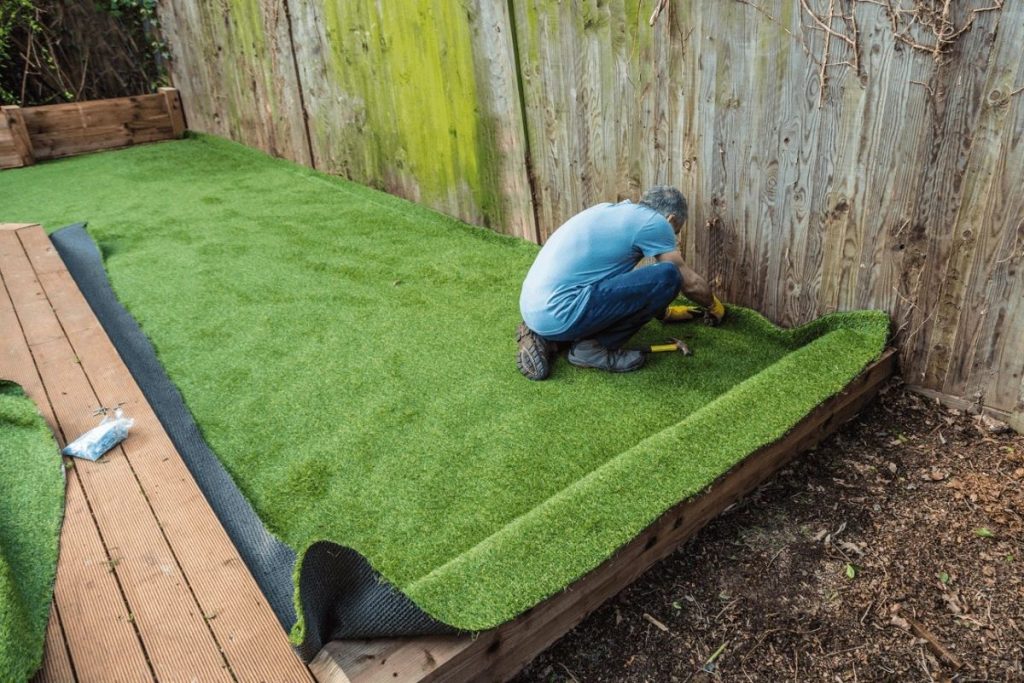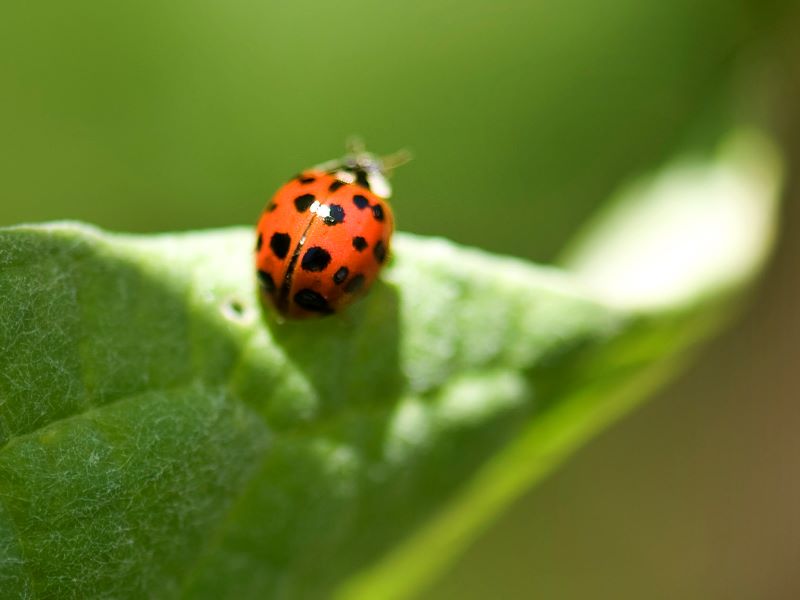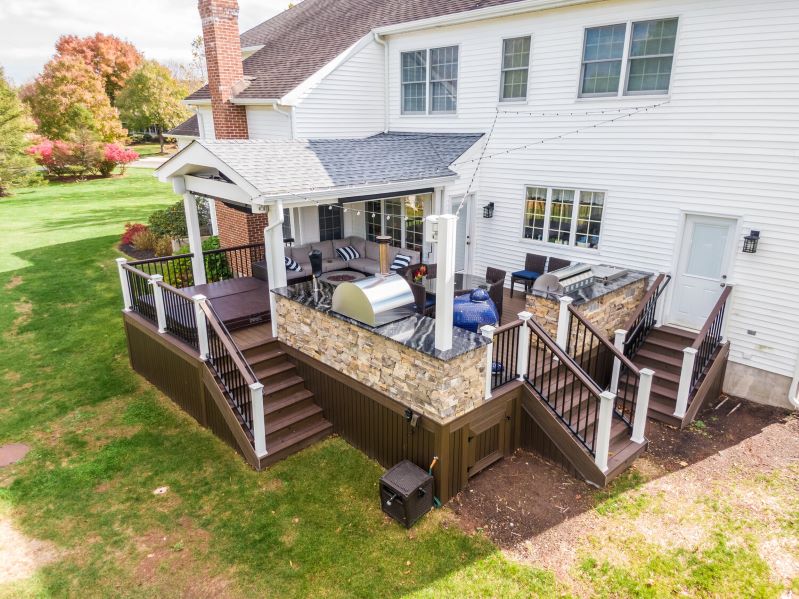Table of Contents
More than 13.1 million households in America face food insecurity. Yet, people are embracing and researching more on kitchen gardens to increase food supply. One of the common queries is the use of softened water on outdoor and indoor gardens.
For most homeowners, soft water is preferable because it doesn’t contain minerals that affect appliances. Installation of water softening units is on the rise to remove some of these minerals. However, if you are thinking of long-term use of soft water on your garden, you might need to reconsider.
Is it beneficial to use softened water on your plants? How can you tell it actually makes a difference and what is softened water, anyway? Learn more here.
What Is Softened Water?
Softened water is hard water that has its minerals removed. Hard water contains magnesium and calcium, which are responsible for the hardness. The softening units used in the process replace the minerals with sodium ions.
With this water softener, you can address the issue of hard water safely. The water softener transforms the magnesium and calcium ions into nanocrystals. The microscopic particles do not stick on appliances.
The salt in most water softeners helps to maintain some of the home appliances such as showerheads. Besides, soft water is preferable in most homes because of its taste. While soft water might be ideal for most uses within your home, its long-term use on plants is detrimental.
What Are the Effects of Softened Water on Your Plants?
Soft water harms plants because it reduces the number of nutrients. The salt deposits on the soil making it hard for the plant to absorb minerals and water. Eventually, the plant dies off because of lack of water.
The high amount of sodium in the soil is toxic to the plant. With the excess salt, a plant might ‘think’ it has absorbed enough water, which is not the case. Consistent use of softened water will lead to the plant to experience gradual dehydration.
If there are white rings or lines on your soil, it means that there is a salt build-up. Depending on the extent of the problem, you will need to overwater to push the salt away. Treating the soil will make you accrue bills you never anticipated.
While overwatering can work to manage the salt concentration, it can have potential implications. The salt deposits can spread to other areas, which is a common situation when it rains. Consequently, the surrounding lands become unsuitable for gardening.
Some of the minerals in hard water such as calcium are vital nutrients for plants. Softening water removes calcium and other beneficial substances. The softened water has limited nutrition and might retard the growth of your plants.
Soft water is acidic and can prevent crops from thriving. The only plants that can continue to grow well include tomatoes, berries, and roses, which grow in acidic soils. It is important to have a soil test to know what can work in your garden.
What About Short-Term and Long-Term Use of Soft Water?
Watering plants with soft water on a short-term basis is not harmful. The occasional watering doesn’t expose your garden to high amounts of sodium. Besides, high rainfall can wash the sodium away.
For houseplants, using softened water even on short-term is not recommendable. The plants don’t get rain, meaning that the sodium remains on the soil. Within a short while, the houseplants will start to dry away.
Long-term use of softened water causes soil degradation. The build-up of the salt causes the soil structure to break down. The sodium mostly affects clay soil.
The poor quality of soil makes the planting environment hostile. As a result, future plants might not be fruitful and reversing the situation is hard. Soft water for plants has minimal benefits as compared to the costs.
Is There a Solution to Soil Exposed to Soft Water?
In a garden where the soil has been continuously exposed to softened water, correcting the levels of salt in the soil is paramount. The only way to address the issue is through leaching. The approach involves frequent watering of the soil.
Leaching reduces the salt in the soil by washing it away or pushing it deeper. This method is not efficient because it limits the minerals and nutrients needed by plants. For your plants to thrive well, you will need to add the minerals after leaching.
Diluting your soft water with rainwater can be effective. The resultant water is less harmful to plants. Yet, regular soil testing is crucial because the salt builds up with time.
You can decide to use salt-free water softeners. The sodium in softened water is the main culprit in affecting soil and plants. While the salt-free water softener might have minimal impacts in reducing the harmful minerals in the water, it is ideal for gardening water.
What Alternatives Are Available for Watering Your Plants?
Collecting rainwater is one of the most effective ways to ensure that plants get quality water. Rainwater does not have dissolved minerals. With this approach, you can conserve water and use it to irrigate your garden.
While bottled water is expensive, it can be a great alternative in watering your houseplants. Consider using tap water that has low levels of chlorine. You can put the water in bottles and allow it dechlorinate after a few days.
Install a special spigot to take water to your garden before the softening. With this approach, you don’t have to worry about softening the water used within the house.
Using Softened Water for Plants Is Not Recommendable Because It Causes Dehydration
Softened water for plants affects the soil and the growth of the plants. The high amounts of salt have adverse implications in your garden. If there is available rainwater, using tap water is unnecessary.
You can reverse the situation by ‘flushing out’ the sodium in the soil. The garden will need time to adapt to the quality of water from rain. Ensure that you add minerals to the soil to retain its fruitfulness.
For more topics on yard and gardening, bookmark our site.
